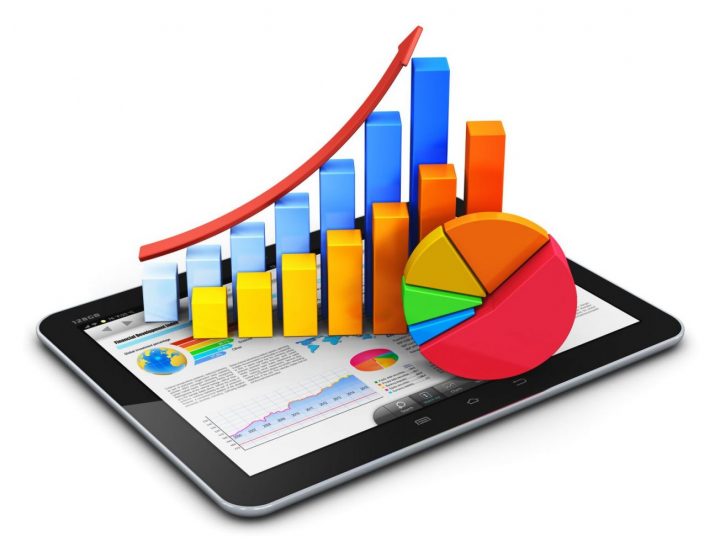- Submit News
- 501-666-6726
- [email protected]

Robbers waylay Gas Tomza truck in Port Loyola
June 25, 2021
US National Hurricane Center tracking strong tropical wave moving off the coast of Africa
June 25, 2021Posted: Friday, June 25, 2021. 10:34 am CST.
By Aaron Humes: The World Bank says COVID-19 is responsible for dropping 4.7 million residents of Latin America and the Caribbean from the middle class to vulnerability or outright poverty in 2020 in a new report. This figure could be as much as 12 million if the effect of a massive, temporary social transfer program in Brazil is excluded from the projections.
As many as 20 million fell into poverty, reduced to 400 thousand without the offset from Brazil, with another 1.4 million increase due to population growth, according to the report titled The Gradual Rise and Rapid Decline of the Middle Class in Latin America and the Caribbean.
After a gradual reduction to near half, the current population living in poverty over two decades, stalled economic growth, and the pandemic’s health and economic cost reversed this to middle class making up 37.3 percent of the population, while the vulnerable class rose to 38.5 percent and the poor made up 21.8 percent of the population in the region.
The middle class (per capita daily income between $13 and $70 per day) surpassed the vulnerable (living on $5.50 to $13 per day) and poor (below the $5.50 per day poverty line) as the largest single group in 2018.
World Bank Vice President for Latin America and the Caribbean Carlos Felipe Jaramillo stated the region needs to move forward with policies that will ensure a strong recovery and bring about a more sustained, resilient, and inclusive growth that will combat persistent poverty and inequality.”
While mitigation measures including social protection programs helped limit the negative impacts in the short term, without a fast and inclusive economic recovery and similar levels of mitigation measures, poverty may rise again in 2021. Ensuring broad access to vaccines, developing efficient and effective systems to distribute and administer them, and fortifying health systems across the region will be key to the recovery.
In addition, the crisis has magnified the damaging effects of inequality in the region. Over half (54.4 percent) of the region’s workers are in the informal sector, 9 out of 10 workers living in poverty are in the informal sector, and nearly a third are self-employed.
However, less than 1 in 4 poor households have adequate sanitation, 9 percent do not have access to electricity, and only 25 percent use the internet at home. Faced with the ongoing pandemic and uncertainty, Governments need to prioritize equitable access to essential services.
The lockdowns highlighted the importance of broad internet access and alternative methods of purchasing goods and services. Countries should continue to invest in digital infrastructure to accelerate these changes and enact legislation for the expansion of the digital economy.
In addition, social protection programs should be re-assessed to adjust their reach and incorporate new beneficiaries. Income transfers are helpful to provide vulnerable groups some income security during containment periods, but they are temporary and may not be enough to prevent the sharp decline of the middle class.
Advertise with the mоѕt vіѕіtеd nеwѕ ѕіtе іn Belize ~ We offer fully customizable and flexible digital marketing packages. Your content is delivered instantly to thousands of users in Belize and abroad! Contact us at mаrkеtіng@brеаkіngbеlіzеnеwѕ.соm or call us at 501-612-0315.
© 2021, BreakingBelizeNews.com. Content is copyrighted and requires written permission for reprinting in online or print media. Theft of content without permission/payment is punishable by law.




